The writer, observing from eleven hundred miles distant, cannot hope to be party to the innermost mind of the artist; whatever the reason for this music to be made under the aegis of the name Thy Catafalque, it’s producer must stand or fall on the efficacy of his efforts to carry on the tradition of the name. Prolonged exposure on the part of the reviewer to Naiv might suggest failure – though other listeners may, as is their prerogative, disagree.
Thy Catafalque is today – and as it has been for a decade, now – essentially a solo project of the musician Tamás Kátai; An urge on the part of the artist insists that the music of Naiv is labelled Avantgarde. However this would appear to be merely a feint, an excuse for a lack of cohesion in the material presented. The artist is unable it would seem to settle comfortably anywhere on the spectrum of music. Consequently the listener is ‘rewarded’ at the one moment with some well-executed if slightly bland heavy metal – A bolyongás ideje – the next with a bewildering instrumental piece, Tsitsushka, which despite lasting for less than six minutes changes mood and motif a dozen times; the resultant melee of sound is bewildering rather than beguiling.
The frequent change of vocalists – three are utilised throughout – also brings discord to the work; however it is to be noted that all vocalists perform their parts well within the context of the author’s requirements. Indeed, taken as individual pieces of music, there are many moments here for music enthusiasts to savour. The reviewer in particular found enjoyment in the folk-tinged moments of Kék madár (Négy kép) which fused a flavour of the Hungary of Kodaly to modern production technique, at least before the complete change of feel for the piece’s second stanza. However as a work of form and cohesion, Naiv must be deemed a failure when judged strictly on its own terms.
Naiv is out now.


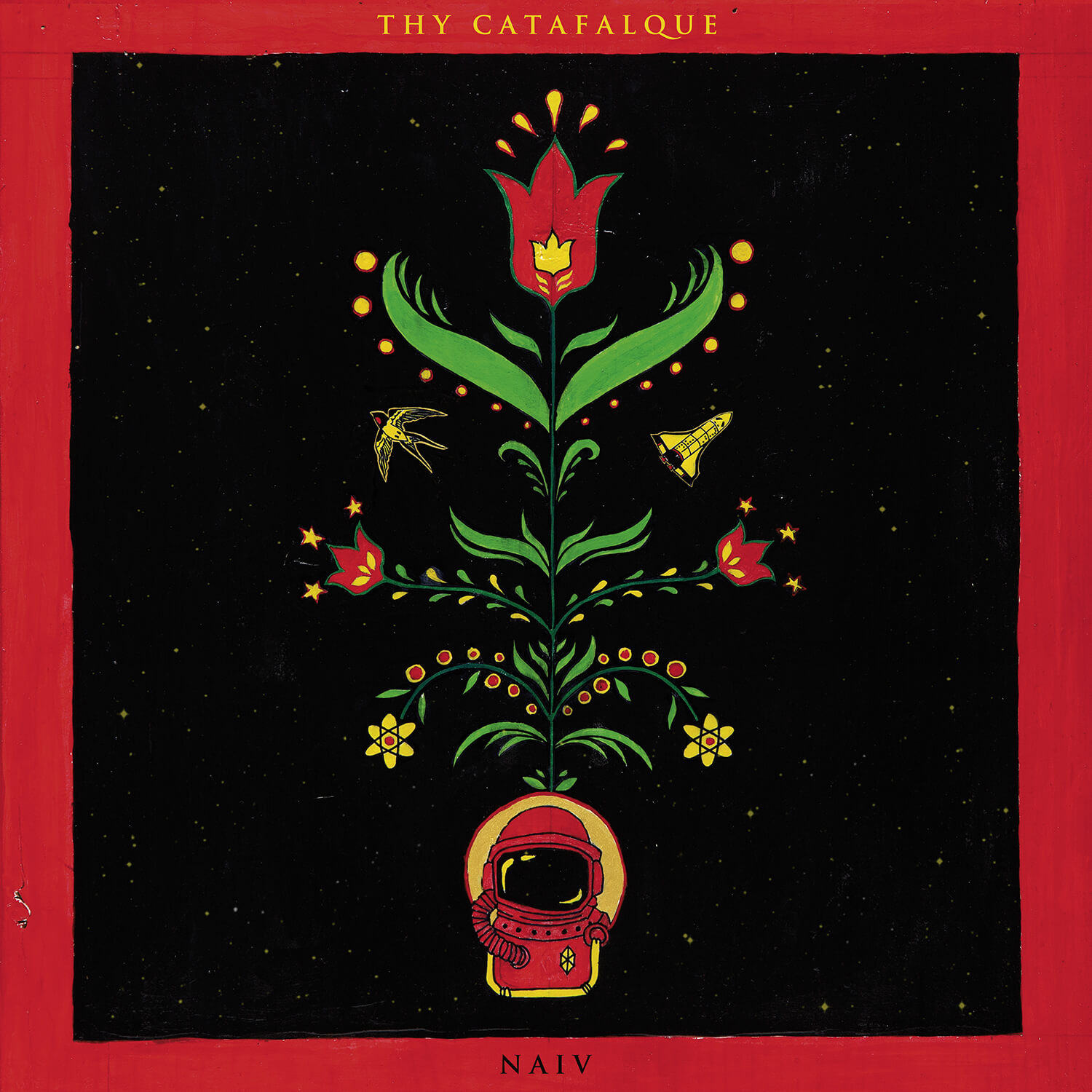
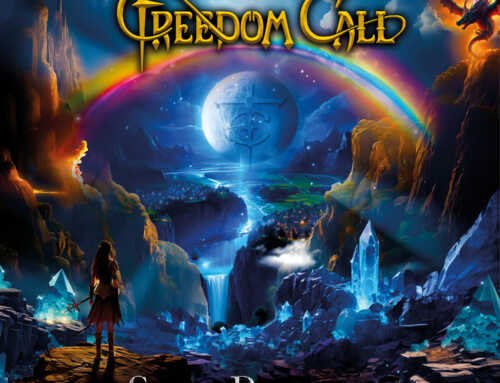
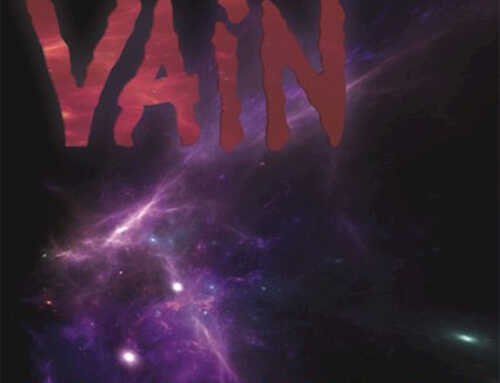

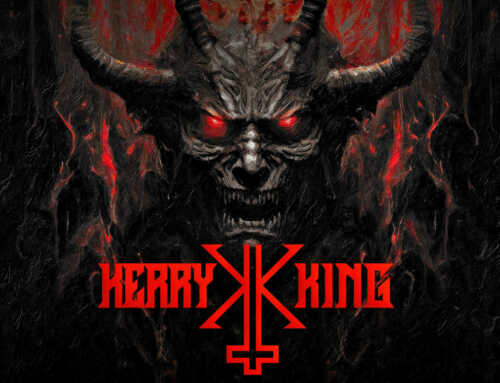
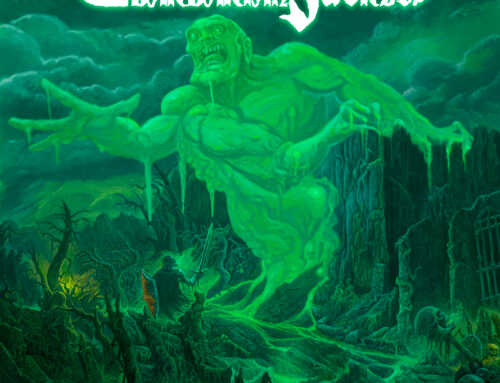
Leave A Comment